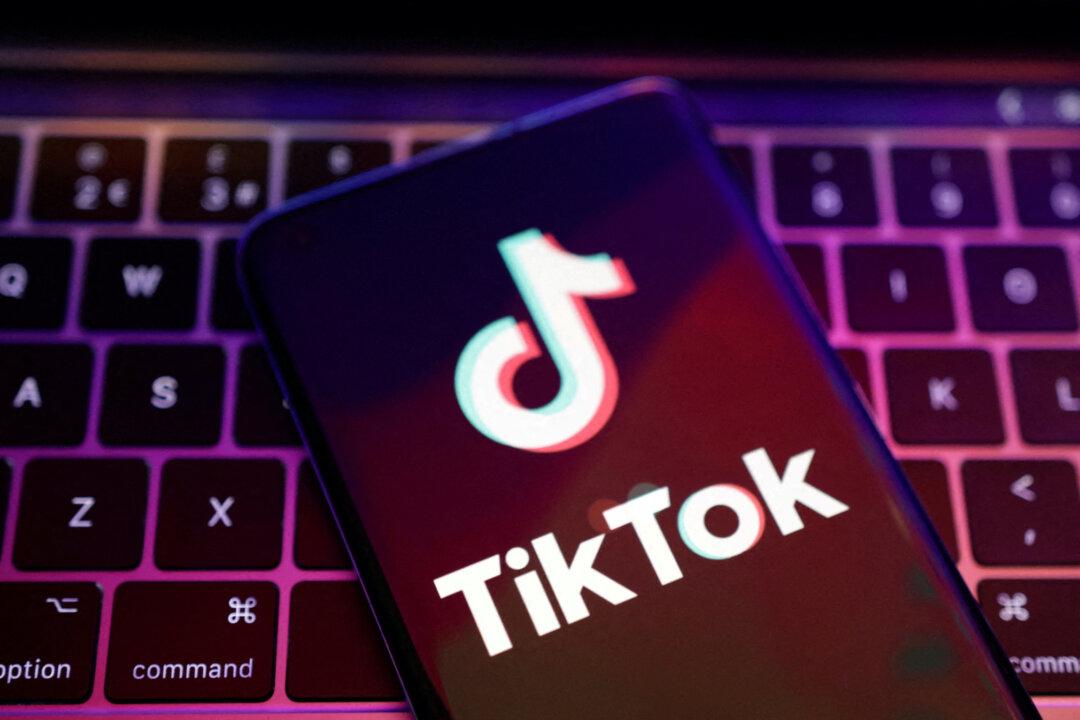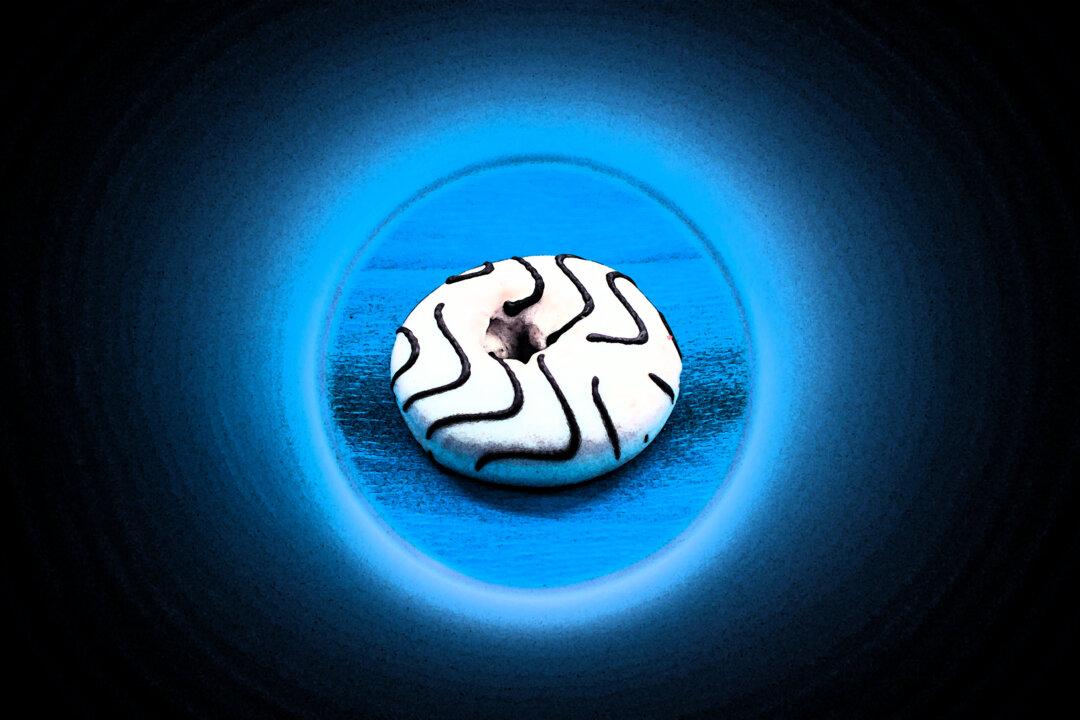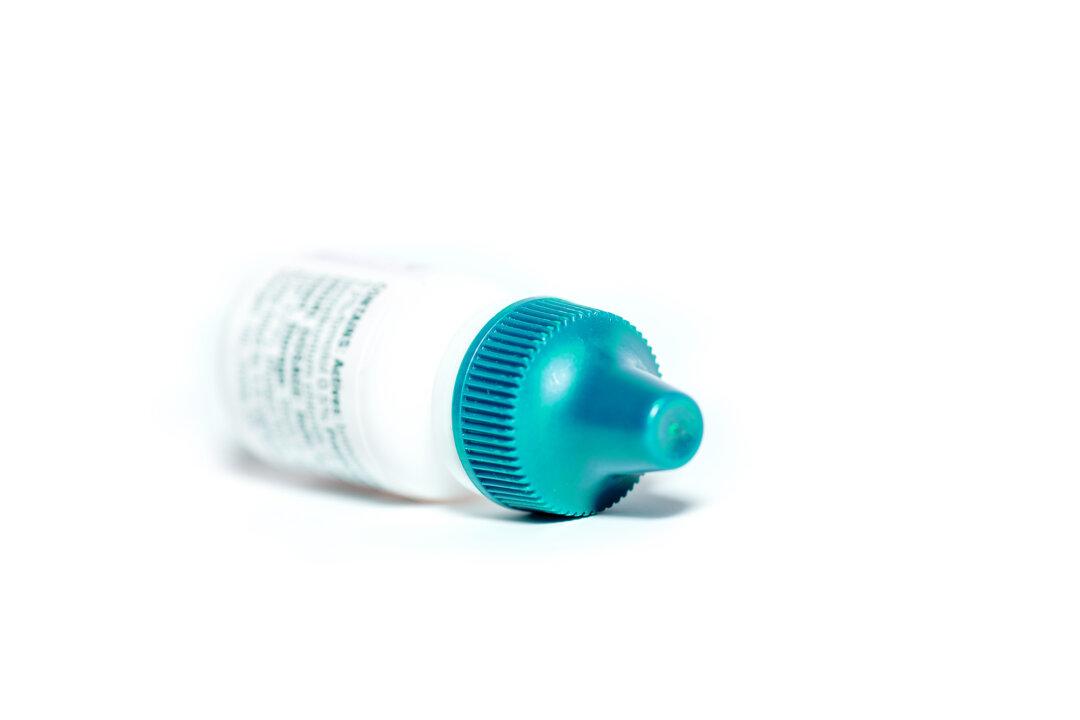Scrolling, tapping, and swiping. It feels never-ending.
For most American teens today, platforms such as TikTok, Instagram, and YouTube are like black holes they can’t pull away from—with teens on average spending more than five hours a day online. But the price of connection may be their mental health.






